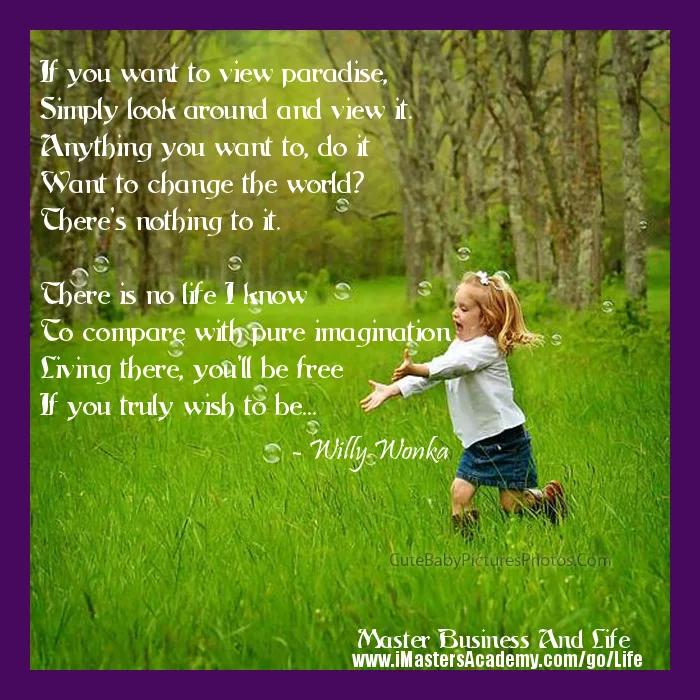Wonka: The Movie, The Cast, and The Chocolate – What Reddit is Saying
Title: Willy Wonka: The Enduring Power of Believing the Unbelievable
There's a curious resilience to "Willy Wonka & the Chocolate Factory." It's not a data point you can easily quantify, but the consistent re-emergence of the film in popular culture suggests something beyond mere nostalgia. The author of the source article, for example, claims it can cure anything from a "terminal diagnosis" to marital woes. That's a bold claim, bordering on statistically improbable, but it hints at the movie's unusual hold on the collective imagination.
The article focuses on Gene Wilder's portrayal of Wonka as the lynchpin (the director, Mel Stuart, was initially incredulous about Wilder's limp request). The limp, Wilder argued, would make it impossible to know when Wonka was lying. This is a fascinating insight into character construction, but it also speaks to a broader truth about the film's appeal: it thrives on ambiguity.
The Economics of Imagination
The "Pure Imagination" scene is cited as evidence of this. The author notes the "ropey" set and props, yet argues that Wilder's performance transforms them into an "edible wonderland." This is where the economic analysis comes in. "Wonka" isn't selling chocolate; it's selling the idea of chocolate. It's selling the possibility of the impossible.
Consider the Oompa Loompas. These characters, often parodied (a quick search reveals countless "Willy Wonka Oompa Loompa" costumes for sale), are essentially a workforce operating outside the bounds of conventional labor economics. They're paid in cocoa beans (presumably), their living conditions are...unclear, and their primary function is to deliver moralizing musical numbers. It's a deeply strange arrangement, and yet, it's accepted without question within the film's internal logic.

And this is the part of the report that I find genuinely puzzling. The film's enduring appeal rests on its ability to bypass critical analysis. We know the sets are cheap, the premise is absurd, and the Oompa Loompas raise uncomfortable questions about labor practices. Yet, we choose to believe anyway.
The Wilder Effect: Quantifying Charm
The author claims that "no one has ever been better cast than Gene Wilder as Willy Wonka." That's a subjective statement, of course, but it's one that's echoed across countless online forums and comment sections. It's difficult to quantify charm, but we can look at the data surrounding Wilder's performance. His Wonka is frequently cited as the definitive version, overshadowing later interpretations (the author explicitly states "I’m sorry, Chalamet, but no one will ever better it").
This raises a crucial question: is the film's success attributable to Wilder's performance, or is it the other way around? Did Wilder elevate the material, or was the character of Wonka inherently compelling, regardless of the actor portraying him? (It’s worth noting that the source material only focuses on Gene Wilder’s Wonka, but ignores the other versions.) The data suggests a strong correlation between Wilder's involvement and the film's positive reception. Subsequent adaptations, while financially successful, have failed to capture the same level of critical acclaim (or, more importantly, the same level of nostalgic devotion).
The author also highlights the film's "bone-dry, almost macabre, sense of humour." This is a key element often overlooked. "Wonka" isn't simply a children's film; it's a darkly comedic commentary on greed, entitlement, and the corrupting influence of sugar. The children, with the exception of Charlie, are all deeply flawed (Veruca Salt and her father’s interplay is a prime example). Their punishments are often brutal, delivered with a detached amusement by Wonka himself. It's a strange mix of whimsy and cruelty, and it's precisely this dissonance that makes the film so compelling.
It's the Cognitive Dissonance, Stupid.
"Willy Wonka & the Chocolate Factory" isn't a masterpiece of filmmaking. The special effects are dated (the "ropey" set design), the plot is simplistic, and the underlying themes are often contradictory. Yet, it endures because it allows us to indulge in a fantasy world while simultaneously acknowledging its artificiality. It's a safe space to believe in the impossible, even if we know it's not real. And in a world increasingly defined by data and analysis, that's a valuable commodity indeed.
Tags: wonka
Colombia's Economy: Dolar vs. Peso vs. Reality
Next PostZillow's Homeownership Cost Report: What It Means and Why It Matters
Related Articles
